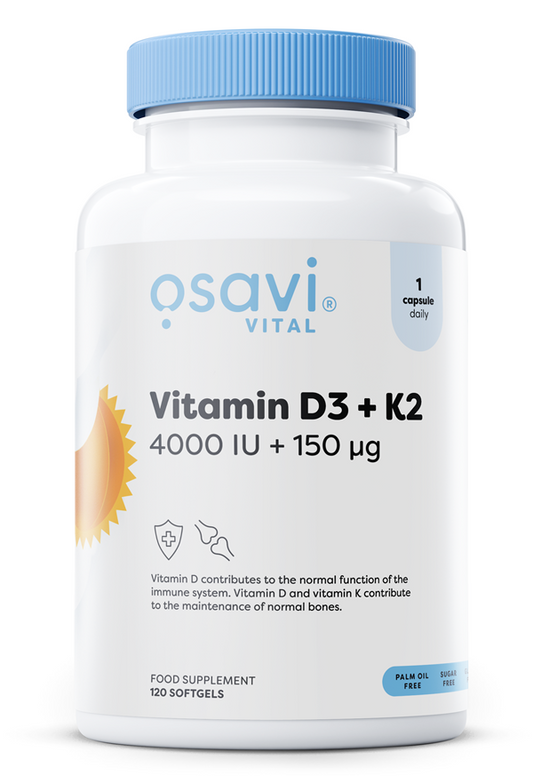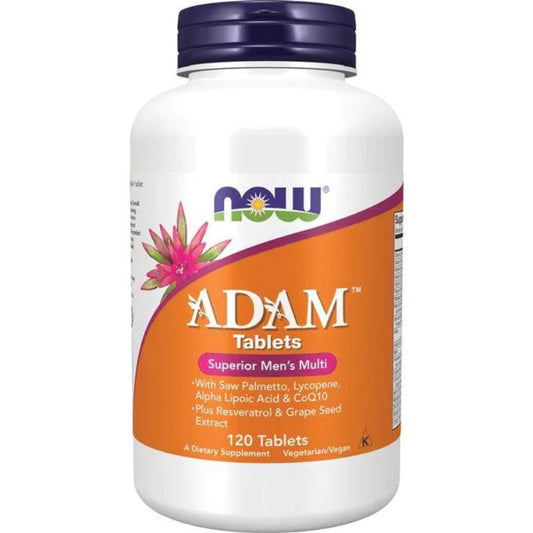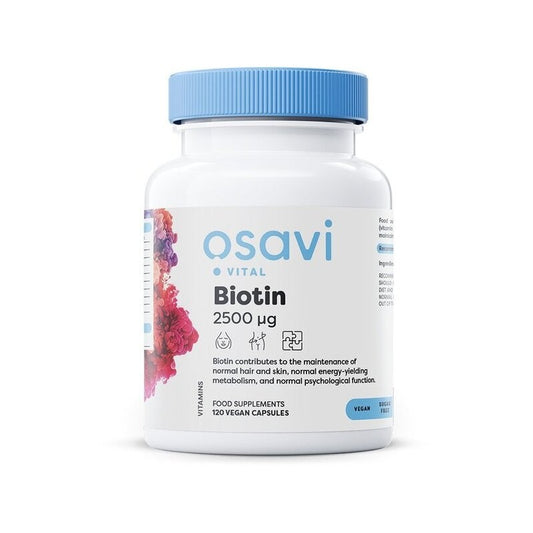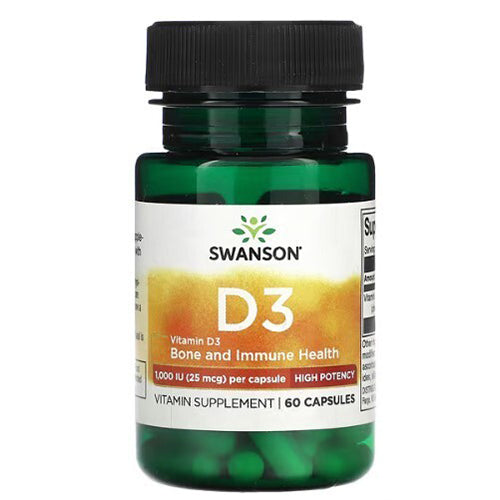
Gut Health Explained – Diet, Probiotics & Supplements for a Balanced Microbiome
Jakub SkibaYour gut does far more than just digest food. It plays a central role in supporting your energy levels, immunity, mental clarity, and overall well-being. A healthy gut microbiome—the community of bacteria, fungi, and other microorganisms living in your digestive system—helps your body process nutrients efficiently, supports balanced digestion, and influences your mood and cognitive function. Modern research emphasizes that maintaining a balanced gut is key to feeling energized, mentally focused, and resilient to everyday stressors. In this article, we’ll explain what gut health means, the signs of an imbalanced microbiome, and how diet, probiotics, and supplements can contribute to a well-functioning digestive system and overall wellness.
What Is Gut Health?
Gut health refers to the balance and functioning of microorganisms that live in your digestive system, collectively known as the gut microbiome. These microorganisms influence digestion, nutrient absorption, immune system support, and even aspects of mood and mental clarity. A balanced gut microbiome assists in breaking down food efficiently, supporting nutrient uptake, and maintaining regular digestive function. It also contributes to vitamin production, such as B12, K, and folate, and helps regulate blood sugar, cholesterol, and overall energy metabolism. When the microbiome is balanced, it supports your body’s natural processes, helping you feel energized, focused, and resilient.
Symptoms of an Imbalanced Gut
An imbalanced gut microbiome can affect your body in many ways, not always visible through digestive discomfort alone. Common signs include:
Gut Bloating
Bloating can occur when gut bacteria produce excess gas, often due to imbalances or the digestion of difficult-to-process foods. Conditions such as small intestinal bacterial overgrowth (SIBO) or food intolerance can also contribute.
Constipation or Diarrhea
Persistent constipation or diarrhea may indicate that your digestive system is not functioning optimally. Factors like low fiber intake, dehydration, or reduced microbial diversity can influence bowel regularity and nutrient absorption.
Fatigue
Ongoing fatigue may result when nutrient absorption is less efficient due to gut imbalance. A well-supported gut helps maintain energy levels by assisting in nutrient processing and supporting overall digestive health.
Frequent Illness
Since a large portion of immune activity is linked to the gut, imbalances may affect your body’s natural defenses. Supporting a balanced microbiome can help your immune system function efficiently and support overall wellness.
Brain Fog
The gut communicates with the brain through the gut-brain axis. When the microbiome is not well-balanced, cognitive focus and clarity may feel reduced. Supporting gut health may contribute to improved concentration and mental energy.
Unexplained Weight Changes
Gut bacteria influence metabolism, appetite signaling, and nutrient absorption. Imbalances can subtly affect weight, energy utilization, and overall metabolic function.
How to Improve Gut Health
Supporting gut health involves creating a diverse and balanced environment for beneficial bacteria to thrive. This can be achieved through diet, probiotics, and carefully selected supplements.
Good Foods for Gut Health
Diet is the foundation of a healthy microbiome. Key foods include: High-Fiber Foods – Feed beneficial bacteria: Legumes (lentils, chickpeas), Vegetables (broccoli, kale, carrots), Whole grains (oats, quinoa), Fruits (apples, bananas, berries) Fermented Foods – Contain live beneficial bacteria: Yogurt (with live cultures), Sauerkraut, Kimchi, Miso, Tempeh, Kefir Prebiotic Foods – Nourish existing gut bacteria: Garlic, Onions, Leeks, Asparagus, Jerusalem artichokes Polyphenol-Rich Foods – Promote microbial diversity: Green tea, Cocoa, Berries, Olive oil Avoiding processed foods, added sugars, and artificial sweeteners is also important, as they can reduce microbial diversity.
Probiotics for Gut Health
Probiotics are live microorganisms that support gut balance when consumed regularly. They are naturally present in fermented foods or available as supplements. Common probiotic strains include: Lactobacillus – Supports digestion and gut balance, Bifidobacterium – Contributes to healthy nutrient processing, Saccharomyces boulardii – Supports overall microbial balance. Consistency is key. Using probiotics alongside prebiotic foods can enhance their effectiveness.
Supplements for Gut Health
Certain supplements can complement a healthy diet to support gut lining, microbial diversity, and overall digestive function: L-Glutamine – Supports the intestinal lining, Digestive Enzymes – Aid in efficient digestion, Zinc Carnosine – Supports gut barrier integrity, Slippery Elm & Marshmallow Root – Plant-based options to soothe digestion, Prebiotic Fiber Supplements – Inulin, acacia fiber, or partially hydrolyzed guar gum, Omega-3 Fatty Acids – Support gut and brain communication, Collagen & Gelatin – Contain amino acids that may assist gut lining, Vitamin D – Supports immune and gut function. Before adding supplements, consult a healthcare practitioner for personalized guidance.











1 comment
Very nice blog and useful information.